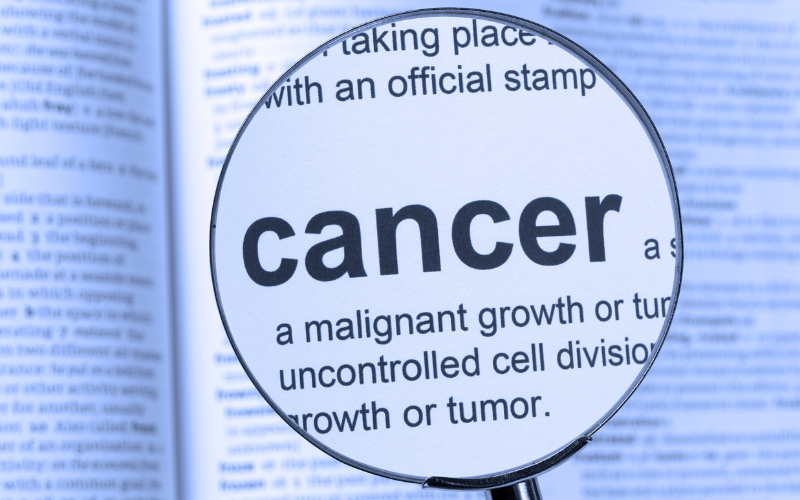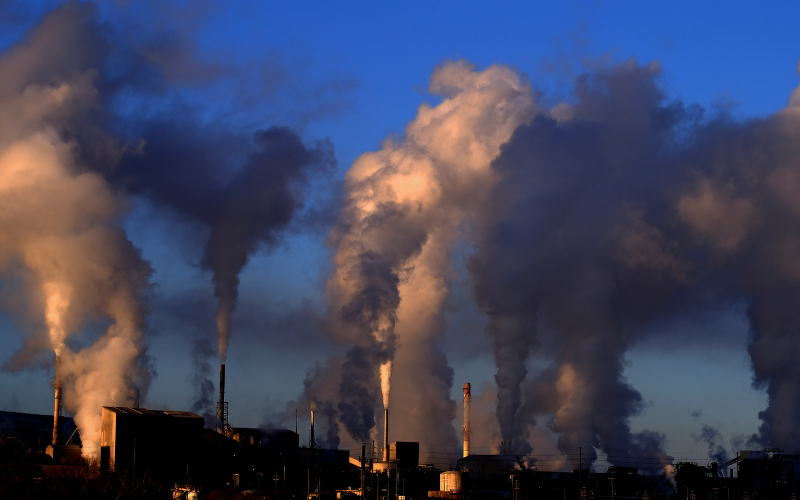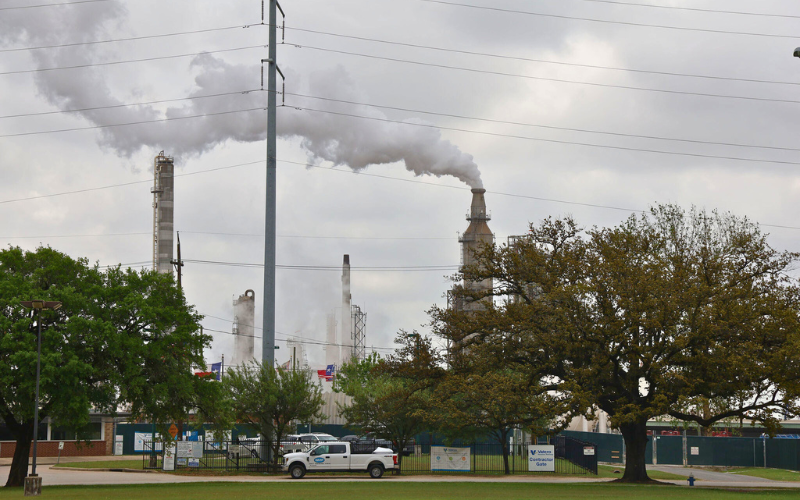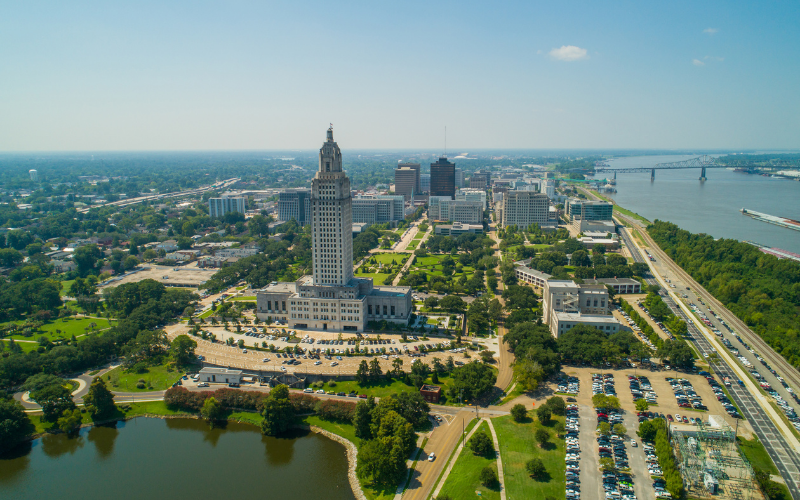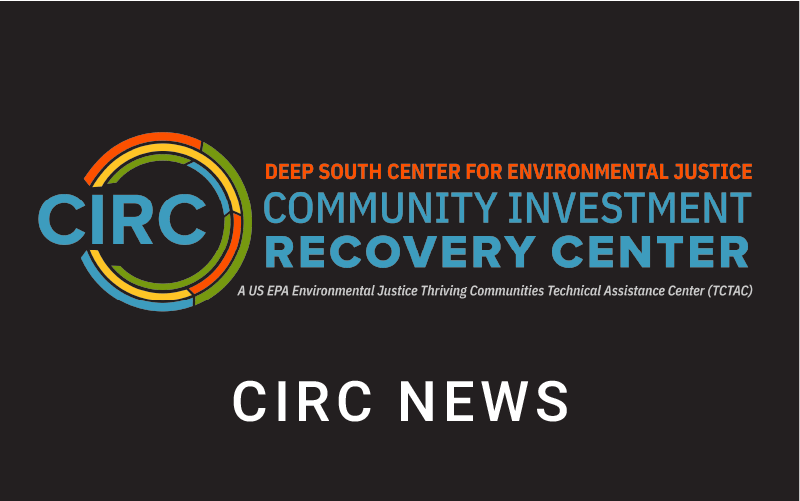For Immediate Release
April 6, 2022
New Orleans, LA — In response to the Environmental Protection Agency’s (EPA) proposed rule to strengthen standards that would significantly reduce hazardous air pollutants from chemical plants, specifically the cancerous chemicals that have devastated communities in Cancer Alley, Dr. Beverly Wright, Executive Director of the Deep South Center for Environmental Justice, released the following statement:
“The Deep South Center for Environmental Justice is deeply satisfied with the steps the EPA is taking to reduce the amount of deadly pollution produced by chemical plants. This proposed rule to update several regulations that apply to chemical plants requiring them to monitor levels of highly toxic and cancerous chemicals entering the air in fence-line communities is the most significant rule I have seen in my 30 years of experience working in Cancer Alley.
“For the entirety of my environmental justice career, I have never been able to comprehend how it is possible that industrial facilities are able to poison our air, water, and soil – making people sick and in some cases dying – and not be held accountable for it. The regulations have been set in a way that made it legal through the permitting process to poison us.
“For decades regulating agencies have completely abdicated their responsibility to the communities they are supposed to protect. Unfortunately, that meant generations of families losing loved ones to cancer and fighting it themselves. There is no doubt that the rule EPA is proposing today will save lives.
“During his Journey to Justice tour in Louisiana, Administrator Regan spoke directly with suffering people and saw firsthand what they go through daily. He promised to go back to Washington and do something about it. Today is the result of an administration finally listening to what communities say about how to fix this crisis. This has been and continues to be the fight of our lives, but today is a day to celebrate.”
###
About the Deep South Center for Environmental Justice
Families in the Gulf Coast deserve to live in communities that are free from deadly air and are more resilient to climate change and extreme weather. The Deep South Center for Environmental Justice (DSCEJ) works to empower and engage communities to put environmental justice and equity at the center of all climate action. Led by environmental justice scholar and advocate, author, civic leader, and professor of Sociology Dr. Beverly L. Wright, the DSCEJ uses research, education, and community and student engagement to advocate for policy change, lead health and safety training for environmental careers, develop social and emotional community wellness programs, and create new and environmentally healthy opportunities for the residents of communities disproportionately impacted by historic environmental injustice

